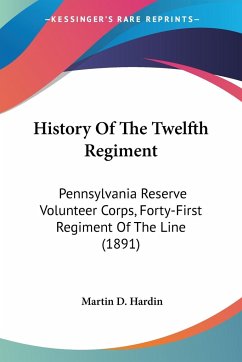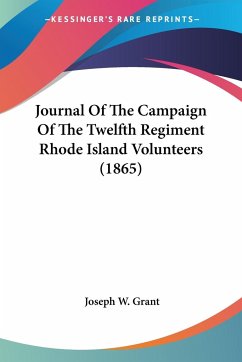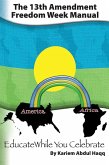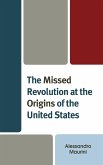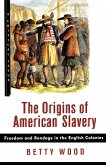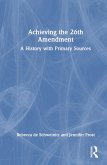"Kuroda, in a concise format and readable text, offers a complete assessment of the college from its 1787 inception to its 1804 revision that has long been needed and is well worth reading." New York State Historical Association
This work provides the first in-depth study of the Twelfth Amendment of the United States Constitution from the larger perspective of the development of the electoral college. Too often viewed as a modest reform to prevent the recurrence of the 1800-1801 election crisis, the Twelfth Amendment, according to Kuroda, was actually the decisive step in the evolution of the modern electoral college. Significantly, the amendment implicitly recognized the existence of national political parties and allowed the party which won the most electoral votes to win the offices of President and Vice President. But it was also significant for what it did not do: it did not abolish presidential electors; did not prohibit a winner-take-all electoral system; and did not mandate district election of electors.
Hinweis: Dieser Artikel kann nur an eine deutsche Lieferadresse ausgeliefert werden.
This work provides the first in-depth study of the Twelfth Amendment of the United States Constitution from the larger perspective of the development of the electoral college. Too often viewed as a modest reform to prevent the recurrence of the 1800-1801 election crisis, the Twelfth Amendment, according to Kuroda, was actually the decisive step in the evolution of the modern electoral college. Significantly, the amendment implicitly recognized the existence of national political parties and allowed the party which won the most electoral votes to win the offices of President and Vice President. But it was also significant for what it did not do: it did not abolish presidential electors; did not prohibit a winner-take-all electoral system; and did not mandate district election of electors.
Hinweis: Dieser Artikel kann nur an eine deutsche Lieferadresse ausgeliefert werden.


